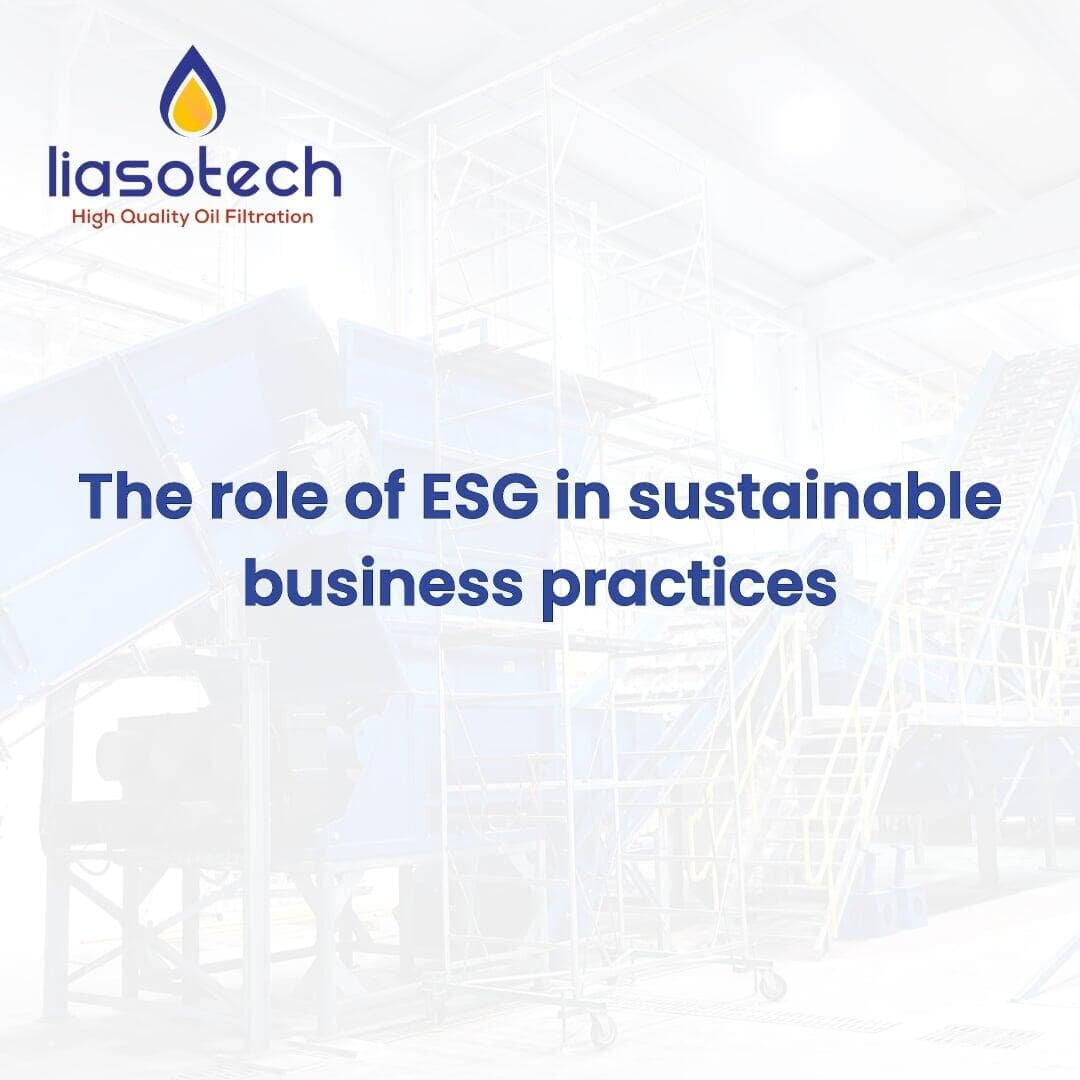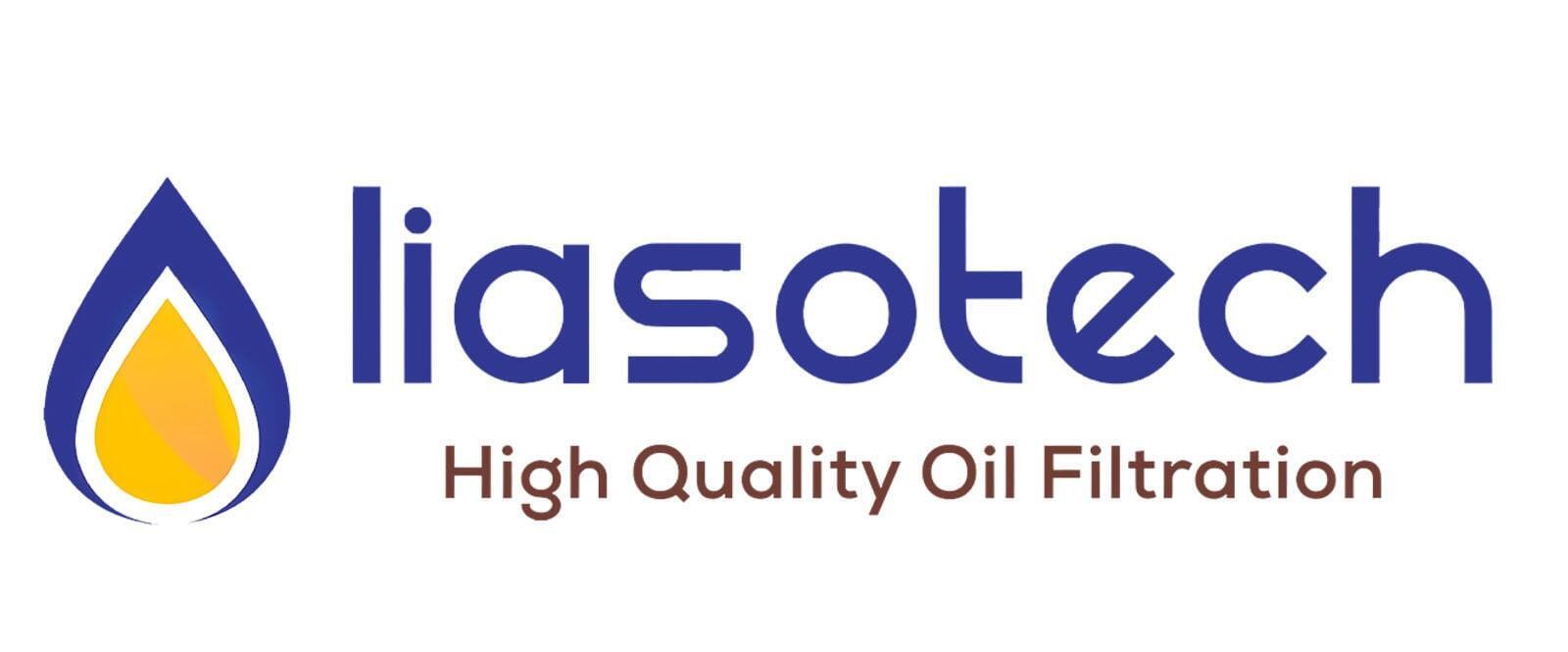
In today's rapidly evolving business landscape, sustainability is no longer just a buzzword—it's a critical component of long-term success. Environmental, Social, and Governance (ESG) criteria have emerged as key drivers in promoting #sustainable business practices that align with societal expectations and regulatory demands.
Environmental Responsibility
The #environmental aspect of ESG focuses on reducing carbon footprints, conserving resources, and encouraging #sustainability. Prioritizing environmental responsibility helps businesses mitigate climate risks and lead the shift to a green economy.
Social Impact
The social aspect of #ESG focuses on how businesses engage with employees, customers, and communities. Companies prioritizing social responsibility promote diversity, endorse human rights, and support community well-being, promoting loyalty, enhancing brand reputation, and driving long-term value.
Governance and Ethical Leadership
Effective governance ensures transparent decision-making, ethical #leadership, and accountability. Strong governance structures help companies manage risks, navigate challenges, and achieve sustainable growth.
ESG Integration in Business
#ESG integration is now a business necessity, driven by investor, customer, and regulatory demands. Companies excelling in ESG often surpass their peers in financial performance, risk management, and long-term resilience.
ESG is transforming business operations. By adopting sustainable practices, companies can contribute to a better world and ensure future success. As sustainability becomes key to #profitability, ESG is the way forward.
